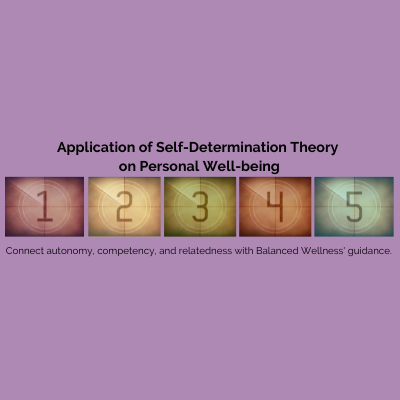Chances are, if you have set a goal that requires you to get out of your comfort zone, you have, at some point, said one of the two following statements: “I need help getting motivated, “ or “I just can’t stay motivated.” The fact is motivation is a feeling, and just like you can move from sadness one moment to contentment the next, motivation is fleeting. So before we continue, we hope knowing that will allow you to release any of the shame or frustration you’ve held onto for “not staying motivated” and falling short of a goal because of it. Allow this information to also encourage you to continue setting goals, to use your motivation for inspiration, but then inspire you to dig deeper into what does support your efforts.
For instance, in Habits of the Heart, we discussed the connection between beliefs, actions, and results. If your motivation does not line up with the beliefs you have about yourself, that feeling will always be short-lived and incapable of producing. Willpower Doesn’t Work is another great article that connects fleeting willpower (or motivation) with the shame and frustration and even stress that can propel us backwards rather than forwards. Rather than setting a goal grounded in motivation, a feeling that is unpredictable and incapable of getting us to the finish line, let’s look into another strategy rooted in your beliefs about yourself, your support system, and WHY you are not only worthy of reaching your goal but also capable!
As humans, we have three basic needs (as outlined by the Self-Determination Theory):
- Autonomy, or the need to control the course of our lives,
- Competence, or the need to be effective in dealing with our environment, and
- Relatedness, or the need to have close, affectionate relationships with others.
In order to get beyond motivation and create a firm foundation that allows you to progress forward, we need to bring all the pieces of the puzzle… not just the motivation piece.
You already know it all starts with the WHY (aka the motivation). Books on top of books have been written about finding your true why, the piece that lights the fire under you. This is the Autonomy piece. It is imperative that we CONNECT the why with where we are now, where we want to be, our current environment, and the people who are part of it.
We do not move solo through our lives. We move with others and situations – not always in the same way, but we are all moving parts in the grand scheme of things. How can we take our innate need to be effective in dealing with our environment and to have close, affectionate relationships with others and connect them with our “why”?
Competence is defined as “the ability to do something successfully or efficiently.” It requires a task AND a skill or talent…AND action! Education and coaching both create opportunities for growth (completing a task, learning a new skill, and application!). As you learn about yourself, learn about various situations in which you find yourself, the environment in which you live, and the day to day movements of all of it, and you will create more success and become more efficient. This does not require motivation; it requires intentional action.
The last piece of the Self-Determination Theory may be the most challenging – it’s the piece that brings in others. People bring in additional emotions, thoughts, and opinions to the mix. Some may be supportive while others may leave you second guessing your why, your commitment, and even your ability. As humans, we crave that human connection, and when our plans don’t match the plans or meet the expectations of others, we may abandon our goals to accommodate the relationship. Many experience this in college! You know you have a big project or paper due on Monday, so rather than go to the big party, you commit to staying in until you finish it. That peer pressure sets in, and your need to support the human connection overrides your work. You go to the party then end up stressing out about not finishing your project in time, which leads to a “stressed result” – a result that is not of top quality. The challenge here is to define human connection and relationships. Close relationships don’t always include rainbows and smiley faces. The connections we value the most in life include understanding, support (emotional, spiritual, and physical), and a curiosity that enhances our well-being, rather than diminishes it. Creating connections with people based on a mutual sense of respect is invigorating and can only support our autonomy and our competence!
The center of Self-Determination Theory encourages us to determine how much of a role social and cultural factors play in our sense of volition and initiative, in addition to our well-being and the quality of our performance. When internal and external conditions support our autonomy, competence, and relatedness, we can then experience elevated creativity and productivity. Whether the goal addresses your physical, emotional, spiritual, social, financial, or environmental well-being, look beyond the motivation, as it won’t last. Rather use your why, your autonomy, your environment, and your relationships to propel you toward greater success!


